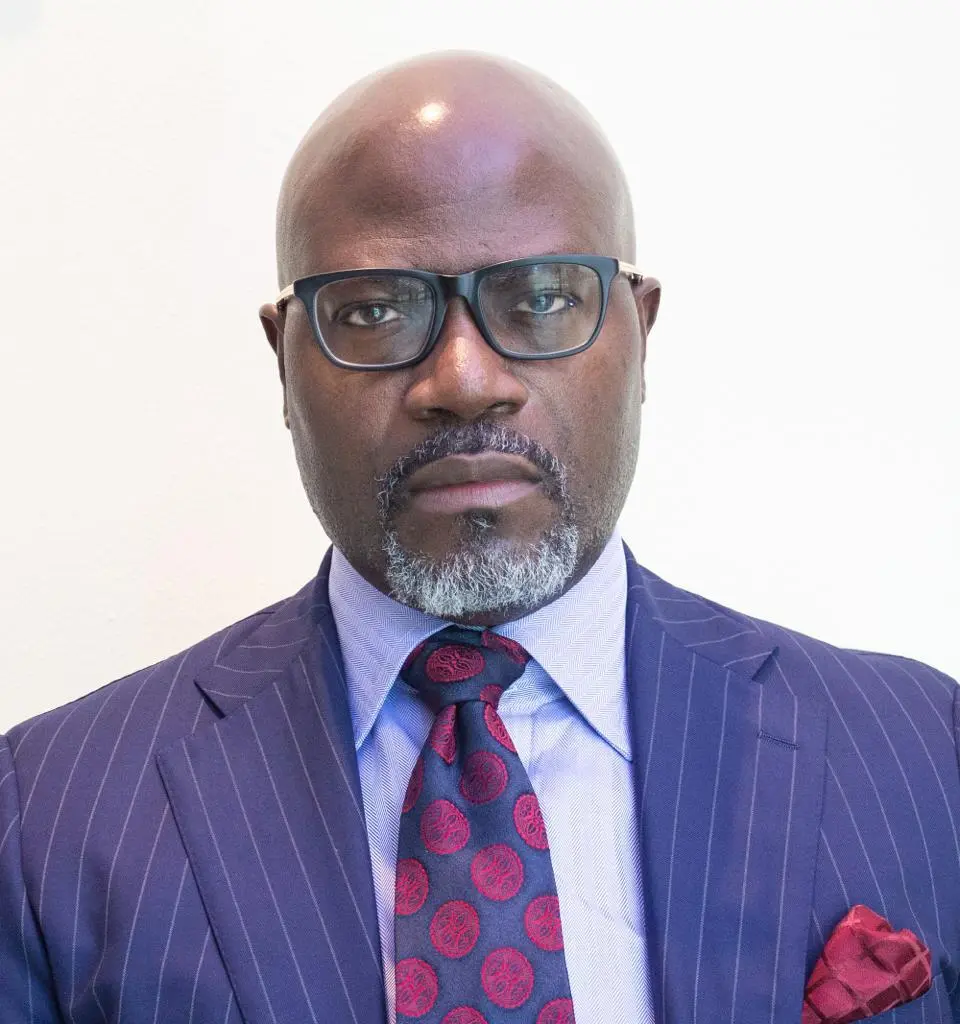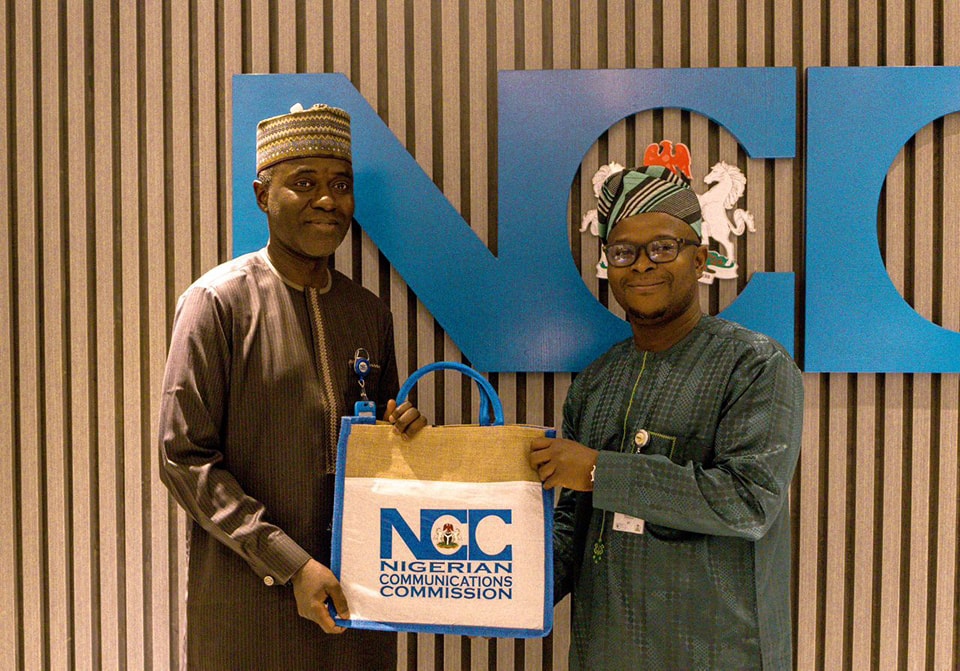Albert Einstein said: “Everything should be made as simple as possible, but not simpler.”
It is the leadership team’s role to set the vison and boundaries as to what is practical, achievable and within what time
In the case of technology and operational excellence, it could be argued that it has taken far too long. Techno-optimism is one of the greatest misconceptions when it comes to solving problems. Many of the problems that the world faces today are more complex than looking to some technological innovation to fix them. As a start, we must delineate technology and technological tools. The two are not the same especially in this context. I will explain why. Technology has been with us since the beginning of time. The wheel is a marvel of invention and a tool of technological ingenuity that has served humankind for millennia and will continue to do so. It is a technological tool that has enabled humankind in addition to other tools, to build the world we live in today. Technology’s greatest asset is its applicability and utility depending on what we are looking to achieve. One should always choose wisely when using technology.
In my experience, within the confines of operational excellence, there are four key points that should form your decision making.
- What are your key strategic long- term goals? Usually, the objective has been to set goals for the short-term. To “put out the fires,” or meet the yearly objective, for example. Yet, this mentality usually leads the smouldering embers to flare up at a later stage. One should build for the future. Create a modular platform that enables you to use the right tech tools at the right time to meet your long-term goals and objectives – it is a methodical and disciplined approach to building operational excellence.
- Do you need a digitised environment at the initial stage? In certain cases, what is required is not digitisation, but innovation and thinking around creating an environment that will prosper in a digitised format. That means conducting a thorough rip exercise and audit. Adopt the Five Why questioning methodology if need be, or any other similar framework. I have always found this to be particularly insightful when taking on new roles or dealing with ‘business as usual’ issues. It tends to be the case that what is required, amongst other things, is training, development, organisational restructure, elimination of redundant processes, procedures and documents, a back-to-basics approach – i.e. what exactly is our core function – delivering on that, and making everyone accountable and responsible for each and every action in their respective areas and also, across the value chain which they touch.
- Mission: Who are we? What do we do? How are we supposed to do it? It is critical that the right technological tools be used to support the whole organisation for the long-term. Leadership has an instrumental role to set the vision and strategy of the organisation, engage and align all stakeholders to the future target operating model or achievement of the strategic goals and objectives. It may come across as elementary, but leadership’s role is to understand the technological and business environment over the course of each stage in the long-term. A structure must be put in place that allows teams to perform as best as they can in their respective roles and in their careers with the utilisation of the most appropriate tech tools.
- Choosing the right tech at the right time. For this to be a successful endeavour you need to align several key stakeholders. These include technology, your teams, and key stakeholders (e.g. front office/business facing) and your leadership team. Each party has a crucial role to play.
- Technology. Their key role is to give advice and support to the business. Technology should account for the current business infrastructure and the proposed infrastructure for the long-term. This will give the business an idea of available opportunities and any imminent challenges. In addition, technology should support the business in identifying suitable vendors for any infrastructure programme and be part of the selection process at contract award time.
- Teams/end users. The end users are regarded as the most important stakeholder. They must be part of the journey from the time of its inception. They must be thoroughly briefed, have accountability and ownership as to the objectives and what a successful outcome is expected to look like. Smart knowledgeable, and experienced individuals with a good work ethic and an ability to think out-of-the-box should be chosen across a wide spectrum of the organisation’s areas of responsibility (depending on the scope of the initiative), to be part of the core departmental project team.
- Leadership team. It is the leadership team’s role to set the vison and boundaries as to what is practical, achievable and within what time. Transparency and honesty are key here. A roadmap must be developed that has clear quantifiable and qualifiable goals. Usually, end users will compromise if they can see some sort of progress for a better future. All senior management, as the budget holders, should be regularly updated. These updates must be short, sharp and to the point. Furthermore, they will need to include key metrics, milestones, highlights, and lowlights in their regular reports. This builds trust and credibility within the organisation and provides transparency for external stakeholders.
These suggestions and recommendations are not prescriptive – they are my observations over the years and what has worked in many instances, and should be considered as rough and ready solutions. I have used these in many instances to achieve my goals and objectives, and I hope I have given you some insight that may prove to be of use in your respective roles.
















